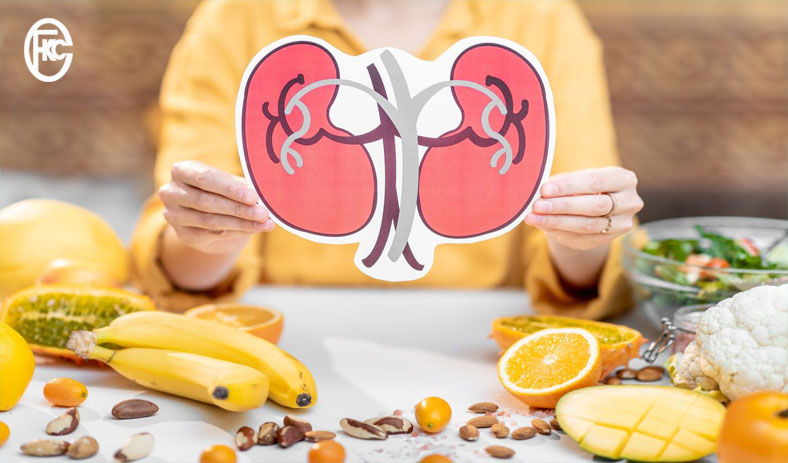
Overview:
Chronic Kidney Disease (CKD) is a condition in which the kidneys do not function properly, leading to a buildup of waste and fluid in the body. It is essential for individuals with CKD to follow a specific diet and nutrition plan to help manage their condition and slow down the progression of kidney damage.
Here are some following ways to create a comprehensive guide to diet and nutrition for those with CKD:
1. Consult a Registered Dietitian:
Start by consulting a registered dietitian who specializes in kidney disease. They will be able to assess your specific needs and create a personalized diet plan that fits your nutritional requirements and restrictions.
2. Limit Sodium Intake:
High levels of sodium in the diet can increase blood pressure and fluid retention. It is important to limit sodium intake by avoiding processed foods, canned foods, and adding minimal salt to meals. Instead, use herbs and spices to enhance the flavor of your food.
3. Control Protein Intake:
On the kidneys, excessive protein intake can put a strain. Therefore, it is important to regulate protein intake and opt for high-quality sources such as lean meats, poultry, fish, and eggs. Consult your dietitian to determine the appropriate amount of protein for your specific condition.
4. Adjust Phosphorus Intake:
Phosphorus is a mineral that can build up in the blood in individuals with CKD. High phosphorus levels can lead to bone and cardiovascular problems. To manage phosphorus intake, limit foods that are high in phosphorus such as dairy products, nuts, seeds, legumes, and processed foods. It is also important to take phosphate binders as prescribed by your doctor.
5. Monitor Potassium Levels:
Individuals with CKD may experience imbalances in potassium levels. High levels of potassium can be harmful to the heart and muscles, while low levels can cause weakness and irregular heartbeat. It is important to monitor potassium intake and avoid high potassium foods such as bananas, oranges, tomatoes, and potatoes. Your dietitian can help you create a balanced meal plan that takes potassium into account.
6. Consider Fluid Restrictions:
Depending on the stage of CKD and the extent of fluid retention, you may need to limit your fluid intake. Excess fluids can put a strain on the kidneys and lead to swelling and high blood pressure. Your dietitian will help determine the appropriate fluid restriction for you.
7. Choose Healthy Fats:
Eat healthy fats, such as avocado, olive oil, nuts, and seeds in your diet. These fats are essential for proper nutrition and can help reduce inflammation and improve heart health.
8. Monitor Vitamin and Mineral Intake:
CKD can lead to deficiencies in certain vitamins and minerals, such as vitamin D, iron, and B vitamins. Your dietitian may recommend supplements or specific foods to ensure you meet your nutritional needs.
9. Consider Kidney-Friendly Superfoods:
Incorporate kidney-friendly superfoods into your diet, such as blueberries, cauliflower, red bell peppers, garlic, and onions. These foods are packed with nutrients and antioxidants that can benefit your overall health.
10. Manage Medications:
Some medications used to treat CKD may have dietary restrictions or interactions with certain foods. It is important to discuss your medication regimen with your healthcare team and ensure you follow any guidelines provided.
Conclusion:
Remember, the above mentioned points provide a general overview and should not replace personalized advice from a registered dietitian or healthcare professional. Working closely with a healthcare team is crucial in managing CKD and developing a comprehensive diet and nutrition plan.